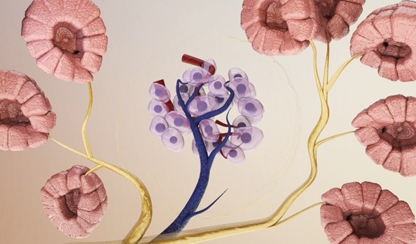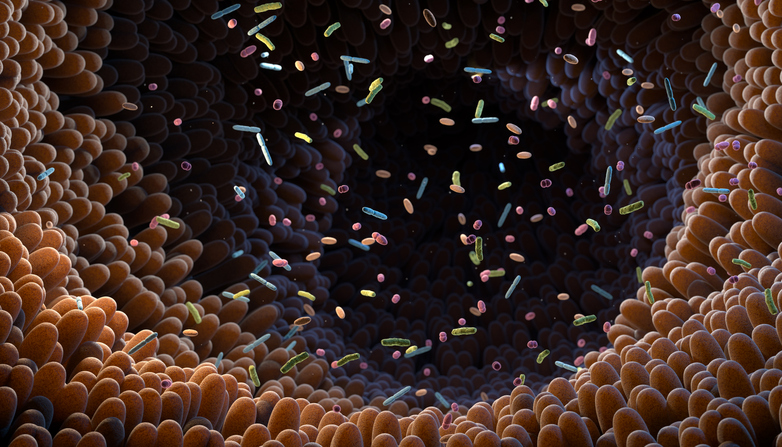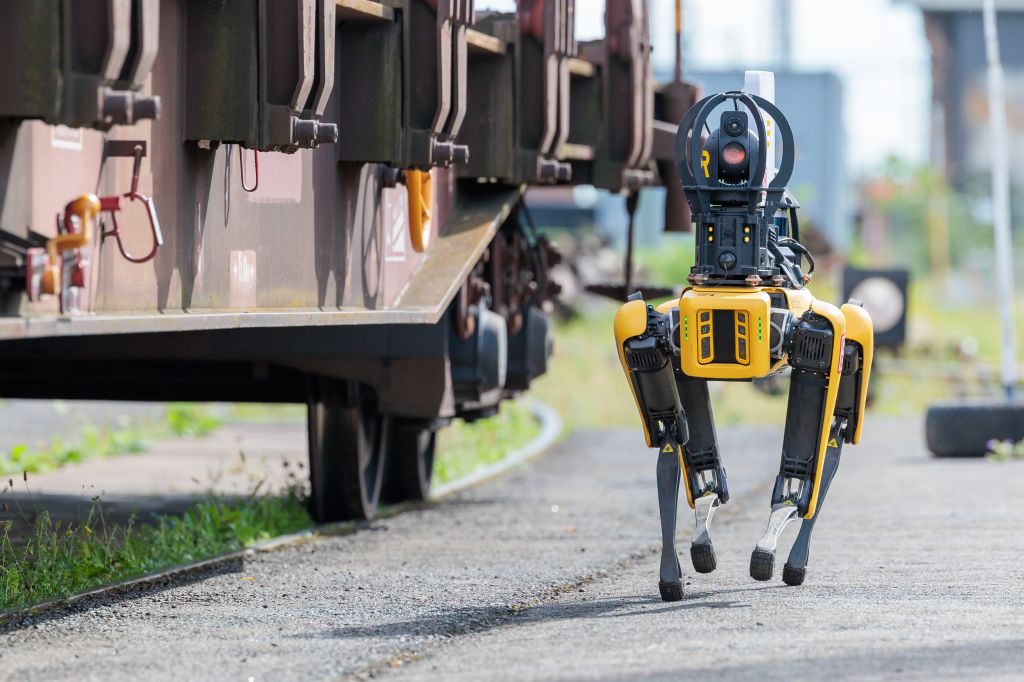
by admin | Jan 18, 2024 | Bernie Siegel’s WORLD STEM CELL SUMMIT BLOG, News and Opinions
By Baker Heart and Diabetes Institute – Researchers are zeroing in on the ultimate quest to regenerate insulin in pancreatic stem cells and replace the need for regular insulin injections. Baker Heart and Diabetes Institute researchers have demonstrated in a...

by admin | Jan 17, 2024 | Bernie Siegel’s WORLD STEM CELL SUMMIT BLOG, News and Opinions
By ISS National Laboratory – KENNEDY SPACE CENTER (FL) – More than two dozen investigations sponsored by the International Space Station (ISS) National Laboratory, many of which focus on the life sciences, will fly on Axiom Space’s third private astronaut...

by admin | Jan 15, 2024 | Bernie Siegel’s WORLD STEM CELL SUMMIT BLOG, News and Opinions
By Genetic Engineering & Biotechnology News After stem cell transplantation, donated immune cells sometimes lead to graft versus host disease (GvHD). Now researchers at the Technical University of Munich (TUM) and the Universitätsklinikum Regensburg (UKR) report...

by admin | Jan 12, 2024 | Bernie Siegel’s WORLD STEM CELL SUMMIT BLOG, News and Opinions
By Technology Networks A bioengineered “supercharged” immune cell has been designed that is particularly efficient at targeting cancer cells. At EPFL’s School of Engineering, Professor Li Tang’s Laboratory of Biomaterials for...

by admin | Jan 11, 2024 | Bernie Siegel’s WORLD STEM CELL SUMMIT BLOG, News and Opinions
By Annalee Armstrong, Gabrielle Masson, James Waldron, Max Bayer, Ben Adams – Fierce Biotech We’re off for another day of the J.P. Morgan Healthcare Conference 2024. The flood of licensing deals and M&A may have slowed, but there’s still plenty...

by admin | Jan 9, 2024 | Bernie Siegel’s WORLD STEM CELL SUMMIT BLOG, News and Opinions
By Eve Herold – Time – Ideas • Technology – When people hear the words “social engineering,” they usually think of the supposed nefarious designs of government or an opposing political party. These days, there’s a general sense of social upheaval...







